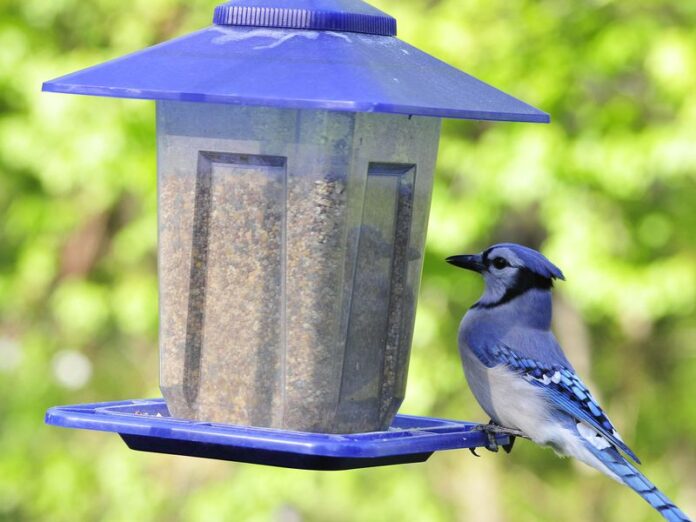The Southwest Virginia Wildlife Center of Roanoke is recommending that everyone take down their bird feeders for the time being. There are a large number of bird deaths occurring in several states such as Virginia, Maryland, Ohio, Indiana, Kentucky, and West Virginia. Indiana, Kentucky, and West Virginia have already urged their residents to take down their feeders.
“Although no cases have been reported in Southwest Virginia there have been cases reported to our east and west,” said Wildlife Center Director Sabrina Garvin. “We are not sure whether this is pesticide related, viral, fungal, or bacterial. There are many labs currently hard at work trying to figure out what’s causing this illness, however, in the meantime we ask that we put a hard stop on all bird feeders. We request that people be proactive not reactive until we know more.”
Background: The most common birds affected are Blue Jays, American Robins, common Grackles, and Starlings. Not all birds have the same symptoms but some common ones are:
- Tremors
- Hold their heads with a tilt
- Have trouble balancing
- Eyes are swollen, encrusted, or have oozing discharge.
“While the symptoms have not yet been reported in SW VA it has been reported in areas to our east and west,” said Garvin, “So, it is highly likely that it is already here or will come through soon. We definitely recognize we don’t know enough about the situation yet (nobody does), but we try to base our advice on the best available evidence and guidance from multiple state and federal wildlife officials that we currently have.”
A majority of birds are not reliant on bird feeders right now given the time of year and can find plenty of food without human help, and the center feels that preventing possible transmission altogether (removing an area where birds congregate) preemptively was safest for the birds.
“Based on the best evidence available and after speaking with several veterinarians and professional wildlife biologists about the issue this seems to be the general consensus right now, regardless of if it is viral, bacterial, pesticides, etc.,” said Garvin. “That could change as new evidence comes in. But we’re trying our best given what we’ve been told by people who study these phenomena professionally.”
If you come across a bird with these symptoms contact the Department of Wildlife Resources or the Southwest Virginia Wildlife Center of Roanoke. (540-798-8545 or [email protected])

